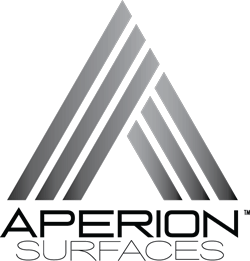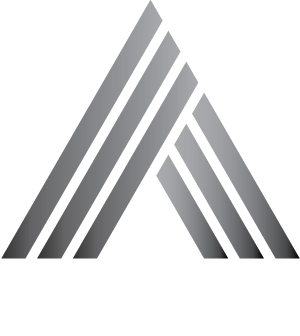FAQs
What is the difference between SPC, WPC and LVF?
SPC – Stone Plastic Composite
For SPC, also known as stone-polymer composite, there are no air pockets—the core is solid. The product is heavier and dent resistance is greater
WPC – Wood Plastic Composite
For WPC, also known as Wood plastic composite flooring, a foaming agent is used to create tiny air pockets in the extrusion process for more comfort underfoot, better acoustical quality and lighter overall weight
LVF – Luxury Vinyl Flooring
All are Rigid Core LVT, are 100% waterproof and considered dimensionally stable. Also, all are good at hiding some common subfloor imperfections. The visuals will be the same with both types of flooring.
Luxury vinyl flooring encompasses both WPC and SPC. Offers glue down or interlocking installation mechanism
What is a floating floor?
A floating floor is a floor that can be installed over an existing floor without being glued or nailed down. LVP is a type of floating floor because it can be installed over many different subfloors without being nailed or glued down.
Where can vinyl floors be installed?
Vinyl is versatile and can be installed virtually anywhere. The durability of luxury vinyl flooring makes the floor perfect for heavy traffic environments like hospitals, schools, retail, offices, hospitality as well as residential areas like basements because of the water resistant or waterproof qualities of the flooring.
Vinyl flooring can also be installed over almost any type of level subfloor.
What are the advantages to Rigid Core LVT flooring?
Rigid core hides most common subfloor imperfections, making installation easier and ensuring a smoother finished appearance after installation. Rigid Core LVT is also waterproof, so it can be installed in water prone indoor areas, such as, kitchens, laundry rooms and entryways. Rigid Core LVT is a floating floor that’s installed with a locking system, so you do not use an adhesive. Also, a rigid core allows for the pre-attachment of an underlayment on some styles that helps soften sound and creates a cushion underfoot. Also, there’s less subfloor prep than with a glue down LVT.
What is the difference between a “MIL” and a “MILLIMETER”?
mil – The wear layer of the flooring. 12 mil and 20 mil are industry standards for residential and commercial application
mm– The total thickness of the product.
Is LVP a good flooring for pet owners?
LVP is a great option for pet owners. The combination of its durability and waterproof characteristics makes it the ideal flooring choice for pet lovers. Pet accidents are easy to clean on this water-resistant flooring.
Is vinyl plank flooring waterproof?
Wood plastic composite (WPC), stone plastic composite (SPC), or 100% vinyl plank flooring is waterproof. This allows it to be installed in all areas of your home. However, use of the flooring outside exposes it to other elements which will damage the flooring and is not covered by your warranty.
Does luxury vinyl plank need underlayment?
Can you install vinyl plank over hardwood?
You can install vinyl plank flooring over any hardwood that is smooth, level, and has plenty of structural integrity for the installation. Since wood is often the component in many subfloors, hardwood flooring can be treated in much the same way if it is in good condition when the installation begins.
How do I clean my vinyl floors?
Vinyl flooring is very low maintenance. To clean your vinyl floors, start by vacuuming any dust, dirt, or debris. You can also use a damp mop to keep your vinyl flooring clean or a Swiffer-type product. Be sure to clean up any spills immediately to prevent damage to your flooring.
Viewing floor colors online vs in-person?
Due to differences in screen resolutions, we cannot be responsible for variations between the actual product and your screen. Products are subject to variations in color, shade, size, surface texture and finish.
What is the best cleaner for Luxury Vinyl Flooring?
Stick with a pH neutral cleaner and avoid using acetic or abrasive cleaners as they can dull or compromise the original finish over time. Bona Pro Series and OdoBan Neutral pH are good choices.
What are some important vinyl flooring dos and don’ts?
Do wipe up spills to avoid any staining of your floors
Do use floor protectors on furniture to avoid scratching floors
Do wash your floors with a pH neutral cleaner
Don’t use an abrasive detergent
Don’t use wax polish on floors
Don’t roll on it with furniture
We manufacture & stock matching molding for all colors
For current pricing or samples, contact your Business Development Manager or email sales@aperionsurfaces.com.


